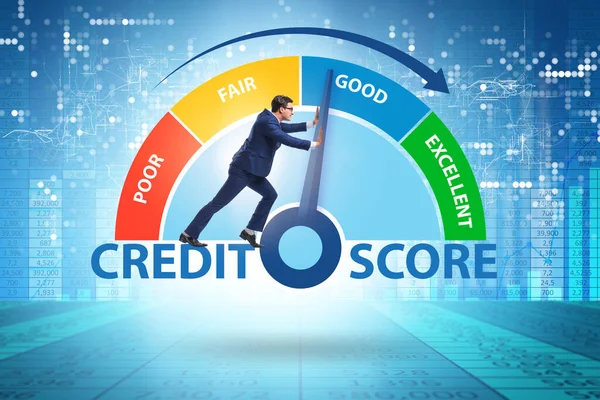
Tips for Raising Your Credit Score in 2025: A Guide for Home Buyers, Sellers, and Renters
Tips for Raising Your Credit Score in 2025: A Guide for Home Buyers, Sellers, and Renters
"Your credit score isn’t just a number. It’s the gateway to your financial future."
In 2025, improving your credit score can help you secure better mortgage rates, rental opportunities, and overall financial stability. Whether you’re stepping into the real estate market or simply aiming to improve your credit, here are 10 tips to help you get on the right track!
1. Check Your Credit Report Regularly
Your credit report is your financial snapshot. Regularly checking it ensures you stay on top of any inaccuracies that might be affecting your credit score. Plus, knowing your standing can help you focus your efforts on areas needing improvement. Get your free credit report annually from the three major bureaus: Experian, Equifax, and TransUnion.
2. Pay Your Bills on Time
Your payment history makes up the largest chunk of your credit score. Even if you're making the minimum payment, it’s important to pay your bills on time. Set reminders, or automate payments, to stay ahead of due dates.
3. Keep Credit Utilization Below 30%
Your credit utilization ratio reflects how much of your available credit you're using. Ideally, you should keep your usage under 30%. For example, if your credit limit is $10,000, aim to keep your balance under $3,000 to keep your score healthy.
4. Avoid Opening Too Many New Accounts
Opening too many new credit accounts in a short time can hurt your credit score. While it’s fine to open new accounts when necessary, try to limit the number of inquiries on your credit report. This is especially important if you're looking to secure a mortgage or rent a home.
5. Consider a Credit Builder Loan or Secured Credit Card
For those with limited or poor credit, a credit builder loan or secured credit card can be a helpful way to improve your score. By using these tools responsibly and making timely payments, you can gradually build a better credit history.
6. Keep Old Accounts Open
The length of your credit history is a key factor in your score. Even if you don’t use old accounts often, keeping them open can positively affect your credit. Just be sure to monitor them for any fees or fraudulent activity.
7. Negotiate With Creditors
If you're struggling with debt, reach out to your creditors. They may be willing to work out a more manageable repayment plan or remove late fees. Don’t hesitate to ask for lower interest rates, especially if you have a good payment history.
8. Pay Off High-Interest Debts First
When tackling multiple debts, prioritize paying off high-interest ones. This will lower your credit utilization ratio and save you money on interest, leading to an improvement in your score.
9. Seek Professional Help If Needed
If you’re struggling to improve your credit, consider working with a credit counselor. They can help you come up with a plan to reduce debt, improve your score, and better manage your finances overall.
10. Stay Patient and Consistent
Building or improving your credit score is a marathon, not a sprint. Be patient and continue to make responsible financial decisions. Over time, you’ll see your score rise, opening up opportunities in the housing market and beyond.
Credit Check List for 2025
To ensure you stay on track with raising your credit score, use this checklist as a quick reference:
Check your credit report for errors from all 3 credit bureaus (Experian, Equifax, and TransUnion).
Set up bill reminders or automatic payments to ensure all bills are paid on time.
Maintain a credit utilization ratio under 30% of your available credit.
Avoid opening new credit accounts unless necessary.
Consider a credit builder loan or secured credit card if you're just starting to build credit.
Leave old accounts open to increase the length of your credit history.
Contact creditors to negotiate lower interest rates or repayment plans if needed.
Pay off high-interest debt first to save on interest and improve your credit utilization.
Seek help from a credit counselor if you're feeling overwhelmed.
Stay patient and consistent—credit improvement takes time!
By following this credit checklist and applying the tips above, you’ll be well on your way to a higher credit score and more favorable real estate opportunities in 2025.